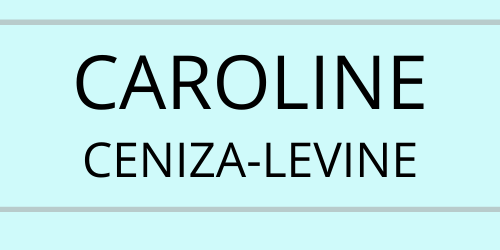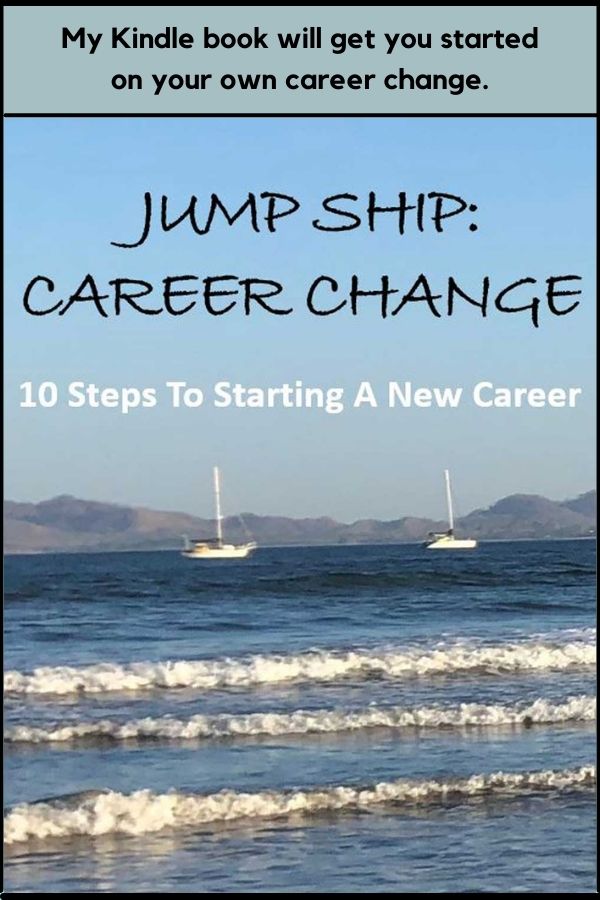I reached out to the recruiter last week to find out what’s up. He said that the hiring manager told him to tell me that they’re still interviewing candidates. Any suggestions on how I should proceed? I emailed her a couple of weeks ago, and she never responded so I don’t want to seem obnoxious by pinging her directly again.
– Media professional
You definitely want to stay in touch with the prospective employer in between job interviews. This includes both the recruiter and the hiring manager. The recruiter should be the first point of contact, as they likely have the most updated news on the hiring process, especially if there are multiple decision-makers. You should also communicate directly with the hiring manager because you want to nurture that specific relationship for the long-term, regardless of the outcome this particular position.
The hiring manager should be treated like everyone in your network that you’re trying to develop genuine, long-term connections with: reach out enough to stay top of mind, but not in such a way that you become a pest or “seem obnoxious”. To this end, make your outreach engaging and useful, so the receiver is glad to hear from you. Too many job seekers seem to forget common sense networking etiquette just because a job is at stake, and make three common mistakes:
1 – Making every outreach about the job opening
Of course, you need to stay on top of your job search process, and if you haven’t heard in a while, you should check on your status. But once you have done that – and ideally with the recruiter directly, not the hiring manager – make your next follow-up about something else.
Update them about what you’re working on. If you have an idea for them or a helpful article or a recommendation to someone they should know, mention that. If you hear good news about the overall company – e.g., they announced a new offering or had a flattering write-up in the media – send your congratulations.
2 – Continually selling your qualifications
Your ability to engage in an intelligent and helpful way demonstrates several positive qualities about you. First of all, you are not only focused on yourself, but are responsive to what another person needs and wants. Secondly, you understand their business well enough to have something intelligent and helpful to add. Finally, you are a good person to have in their network at large or potentially even their team.
Engaging and useful follow-up is a powerful way to highlight your qualifications without selling. You probably don’t like receiving a barrage of sales pitches – why would the hiring manager of your dream company?
3 — Pressuring for a decision – they may call your bluff
Another reason why you don’t want to make every outreach about the job opening at hand is that it pressures the other person to make a decision. If they don’t like feeling this ultimatum – even if you don’t mean it to sound that way – they may call your bluff and just say they have moved on. The hiring manager could have been interested before, but now they’re annoyed. Since your interview has long passed, the hiring manager may have forgotten exactly why they liked you.
One final don’t: Don’t be so afraid to reach out that you lose touch, and someone else lands your dream job
As common as three mistakes are, the most common is not keeping in touch at all. Then you fall out of mind, and someone else, who has been keeping in touch, lands your dream job.
Even if you feel slightly uncomfortable, stretch yourself. Err on the side of reaching out too often, rather than not enough. In my 20+ years of recruiting, more people do too little than too much, so err on the bolder side!






